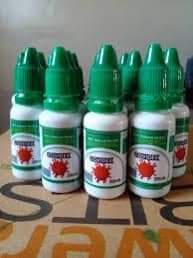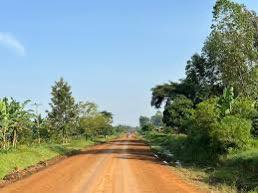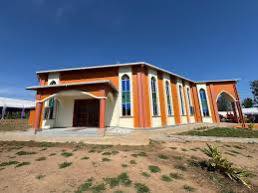By Denis Jjuuko
In many parts of rural Uganda, when people wake up in the morning, they grab some water in a small container and head to the kitchen where they pick a piece of charcoal from firewood used the previous night and then start brushing their teeth.
If you have lived in urban areas all your life, you will be shocked by this practice. You will call these guys villagers, which they are and you may add that they are backward, which they might not be.
Recently, multinational toothpaste conglomerates have started packaging charcoal-based toothpastes and they cost more than ordinary toothpastes. They also have packages that are labelled herbal. What do villagers know that urbanites don’t?
Yet the reason most people in villages use charcoal and other plants to clean their teeth today is because they don’t have money to buy packaged toothpaste. For many years, we regard western products as superior and our indigenous ones as inferior.
Ugandans on social media love coming up with memes with those in English or have western names as superior and those in local names or languages as inferior. We abandoned our indigenous knowledge in pursuit of products whose intellectual properties we don’t own.
How do we return to indigenous knowledge in making our products? Last week, the National Drug Authority (NDA) under enormous public pressure approved Covidex, a herbal drug said to provide relief to COVID-19 patients. Covidex was developed by Prof Patrick Ogwang at Mbarara University of Science and Technology (MUST) if you ask one group. Another group will say Prof developed it on his own.
Whatever the story, it shows that it is time to invest more in our indigenous knowledge. Covidex is said to be largely from a tree known as Mukuzannyana/Mukuzannume or Warbugia Ugandensis. The tree has been around for generations and has been used to treat respiratory ailments but we hadn’t done much to exploit it before. There are hundreds of other plants which are medicinal and used to cure people before western medicine took over.
Had Covidex been made elsewhere, NDA wouldn’t have perhaps taken the path they took to authorize its use. If Covidex continues to do its magic against the monster that is COVID-19, it presents a case for much more research and investment in indigenous products. However, even if it doesn’t, it provides a case for more research and investment in indigenous knowledge.
Before the Bazungu turned up in Uganda, people knew and had developed expertise to deliver babies through caesarean births using local brew as disinfectant among other innovations. Today, we even import some ingredients for sanitizers!
If we are to succeed with the next Covidex, we need to significantly invest in research and development. We must encourage young people to innovate beyond the development of payment apps.
It is not a surprise that Covidex has its origins at a university or developed by people involved in a university, just like Kiira Motors before it. Universities are centres where people dream and develop capacities to research products. Many innovative products (Google, Facebook, Microsoft etc.) start that way but we must be intentional about them by providing the necessary funding.
Talking of Kiira Motors, as the country was consumed by the approval of Covidex and indeed the deaths as a result of COVID-19, there was a story that didn’t grab national headlines. Kiira Motors has entered into agreement to produce 1,030 buses for Tondeka, a company that wants to deploy them in Greater Kampala Metropolitan Area (GKMA). The deal is financed by Rentco, an outfit that is involved in asset leasing and has worked on similar projects in Tanzania and Kenya among other countries. The automotive technology partner is Xiamen Golden Dragon, a Chinese giant that specializes in making buses.
This partnership will lead to the development of our nascent automotive industry. Kiira Motors should now bring in its indigenous knowledge as it builds not only these buses but also its other products. What are those things that make a car truly Ugandan and we can sell to the world? How do we keep very old cars on the old and what kind of knowledge do we have that can make vehicles last longer?
But for this to work, it means that there is need for much more effort to exploit indigenous knowledge. If you go to rural areas, parents immunize their kids with indigenous medicine. They cut kids on the shoulder (same area where jabs are administered for some vaccines) and apply it. How can we use this indigenous knowledge to come up with vaccines and other innovative products?
The writer is a communication and visibility consultant. djjuuko@gmail.com









